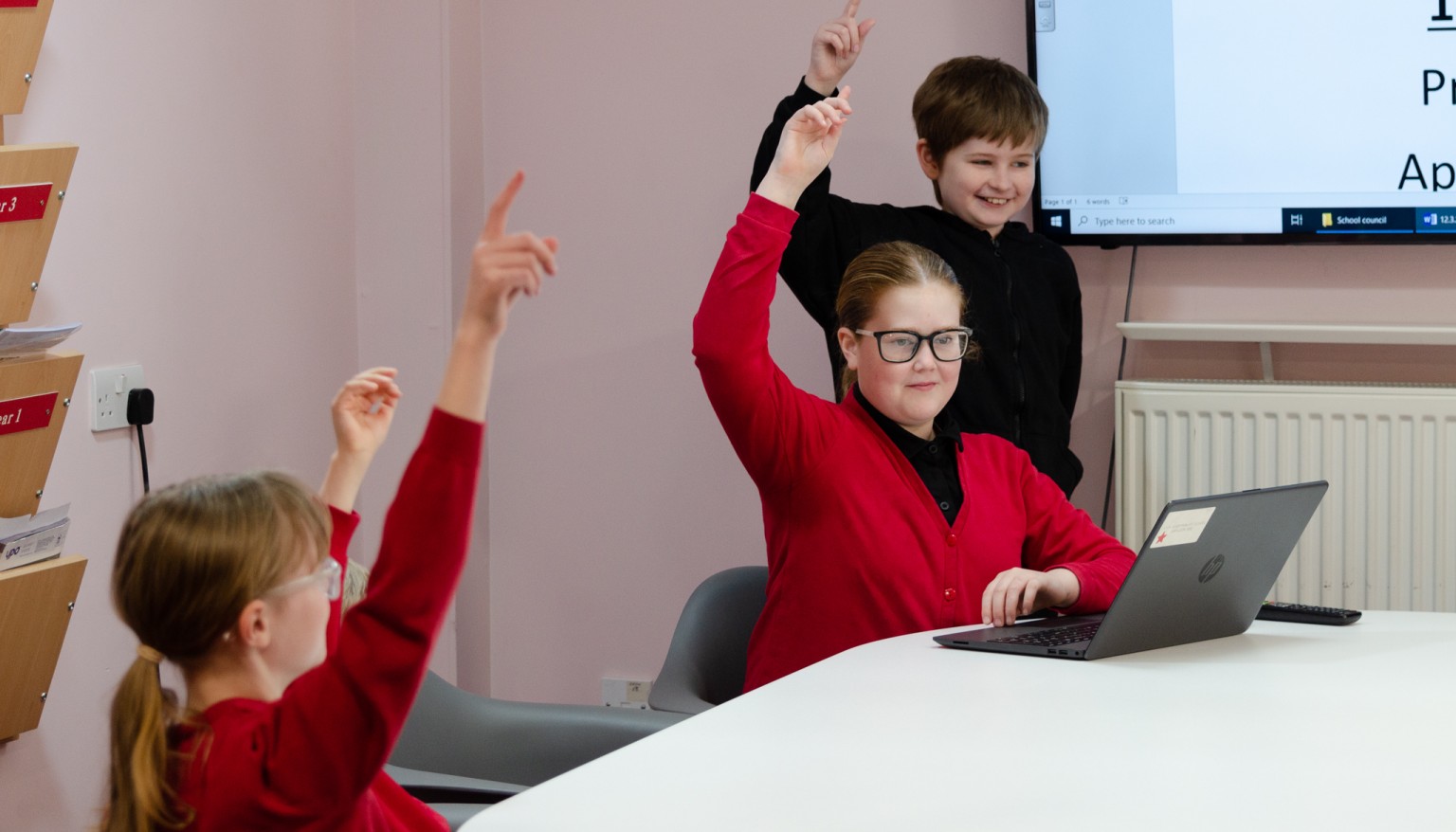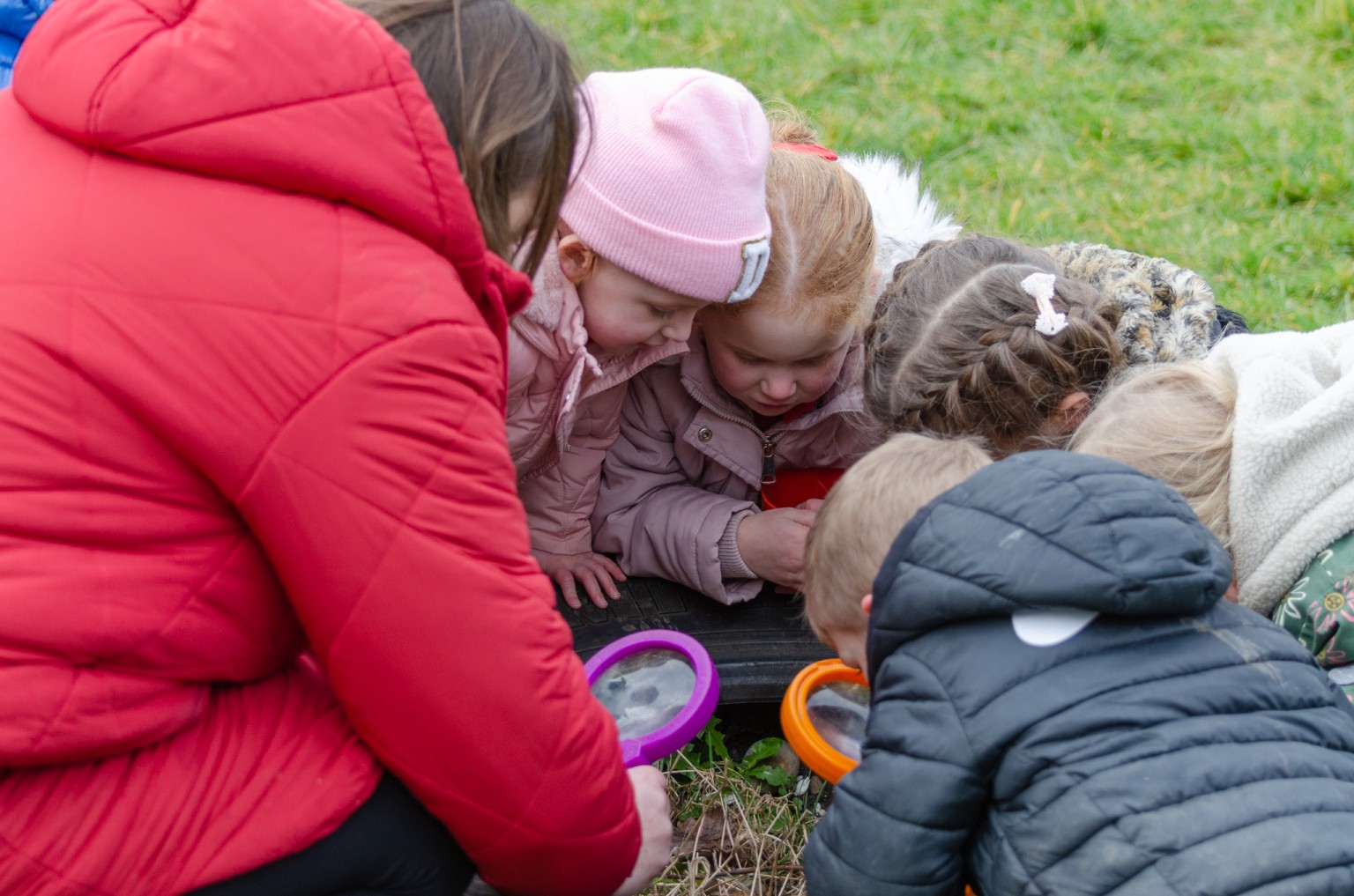Welcome to our Speaking and Listening page
Speaking and listening gives us the basic skills we need to communicate with the world around us. At Lockwood, children are given a range of opportunities to develop these skills, in a safe and stimulating environment. The wide range of speaking and listening activities – which are woven throughout our curriculum – help to develop ideas, vocabulary and confidence, as the more we talk, the more we pick up on different words that other people use. Our children are encouraged to express themselves sensitively and articulately with confidence.
Our Lockwood Curriculum is designed to maximise potential of all of our pupils; intellectually, socially, morally, emotionally and culturally. We take every opportunity to encourage a love for learning within all of our pupils, based around a resilience for learning and achieving greatness. Most importantly we allow our children to learn in a safe and stimulating environment, where their views are valued.
Speaking and listening is central to the Lockwood Curriculum and is developed from EYFS throughout our school, across the curriculum. We nurture children’s speaking and listening skills through a variety of approaches: exploratory play, story time, hot-seating and through collaborative learning. We develop these skills so that our children are capable of expressing their own ideas clearly and confidently, in a safe and supportive environment, in all aspects and areas of their school life and into their future.
How we teach Speaking and Listening at Lockwood
All staff in our school model the use of higher-level vocabulary within their speech and expanding children’s vocabulary is a key focus from EYFS. Children and adults reflect on the use of language within the classroom and develop this further. Subject specific vocabulary is embedded across the curriculum, through teacher modelling, in context. Contextual learning helps children to understand new words and supports them in including them in their work. This model is reflected in shared reading sessions, where children are given the chance to explore unfamiliar vocabulary and expand their knowledge of words. We are keen to model the correct grammar in speech, for example using ‘we were’ instead of ‘we was’ and encourage children to reflect this in their use of spoken and written language. Children are given the chance to orally rehearse ideas for writing regularly.
Drama and discussion activities are used across the curriculum to explore and engage children in their learning. This gives children the chance to embed vocabulary in shared activities and connect the use of topic-specific language.
Our PSHE and SMSC curriculum, class assemblies and pupil voice groups such as School Councillors, Headstarters and Eco Champions promote an open forum for honest dialogue, where our children are encouraged to exchange ideas and opinions. Children are encouraged to ‘build’ on each other’s ideas, sift through different points of view and communicate their ideas, using ‘I agree with’ and ‘I disagree with’, to create discussion, rather than a debate. Above all, they try to understand each other and alternative points of view.



